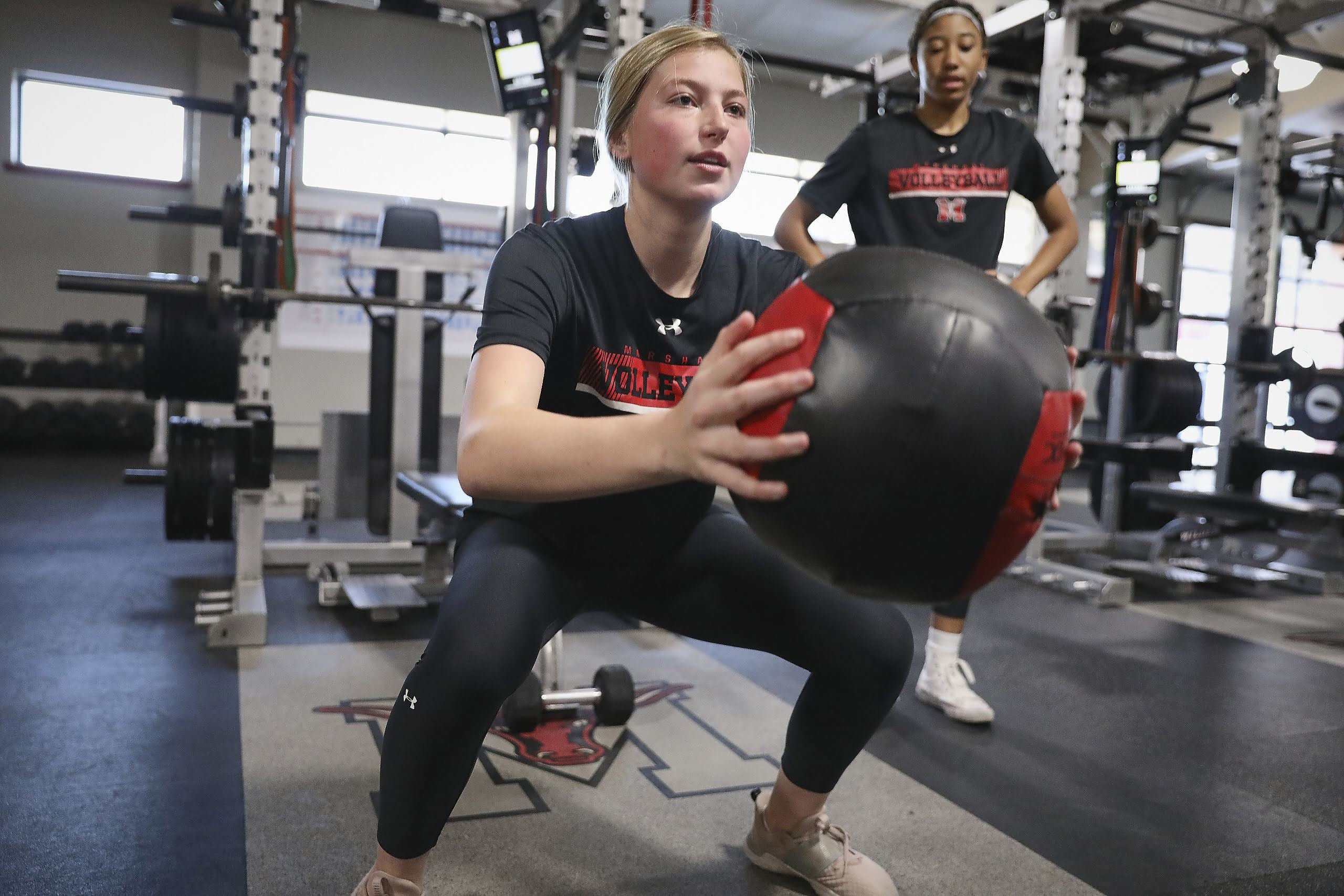Summer training is a great opportunity to level up your skills and knowledge in a specific area. Whether you’re a student looking to enhance your academic performance or a professional aiming to advance in your career, making the most out of your summer training is crucial. In this blog post, we will explore how you can maximize your summer training to supercharge your skills effectively.
Setting Clear, Achievable Goals for Your Training
The foundation of any successful summer training lies in the establishment of well-defined, attainable objectives. It’s essential to pinpoint exactly what you hope to accomplish during your training period. This could range from acquiring a new skill set, enhancing existing knowledge, or even breaking into a new hobby or field. Once your targets are set, break them down into smaller, manageable milestones. This approach not only simplifies the path toward your ultimate goals but also provides regular checkpoints to celebrate progress and maintain motivation. Additionally, consider setting SMART goals—specific, measurable, achievable, relevant, and time-bound. This framework ensures that your objectives are not only clear and reachable but also aligned with your broader aspirations and accompanied by a realistic timeline. Establishing such goals lays a solid groundwork for a fruitful summer training experience, steering your efforts in the right direction and paving the way for tangible improvements in your chosen area of focus.
Creating a Structured Yet Flexible Training Schedule
Crafting a balanced training schedule is pivotal for maximizing the efficacy of your summer training. It involves delineating specific times during your day or week solely for the purpose of engaging in your training activities. This regular commitment ensures a steady trajectory towards achieving your goals. Nonetheless, it’s imperative to infuse this schedule with a degree of flexibility. Life can be unpredictable, and being too rigid might hamper your progress should unforeseen circumstances arise. For instance, if an unexpected opportunity for hands-on experience presents itself, having the ability to shift your schedule can significantly enhance the quality of your training. Moreover, integrating flexibility allows for a more sustainable approach, accommodating personal obligations and preventing burnout. Embracing this balanced strategy enables you to stay on course, all the while adapting as necessary to optimize your summer training results.
Leveraging Online Resources and Community Support
In the era of digital learning, harnessing the power of online resources and the global community is a game-changer for those engaged in summer training. The internet is brimming with educational platforms, tutorials, webinars, and courses across virtually every subject imaginable. Diving into these resources can significantly broaden your knowledge base and provide access to cutting-edge information and techniques relevant to your training goals.
Furthermore, the digital age facilitates connections with peers, mentors, and experts worldwide. Joining dedicated forums, social media groups, or online communities related to your field of study can be immensely beneficial. These platforms offer a space for discussion, sharing challenges, and exchanging advice. Engaging with these communities not only enhances your learning experience but also builds a support network that can inspire and motivate you throughout your summer training journey.
Additionally, many professionals and educators are more accessible online than ever before. Reaching out for guidance, participating in live Q&A sessions, or attending virtual workshops can provide personalized feedback and insights that enrich your training.
Embracing these digital resources and community networks opens up a treasure trove of opportunities for learning, growth, and connection. By actively seeking out and engaging with these online tools, you position yourself to maximize the benefits of your summer training, all while fostering a sense of belonging within a global community of learners.
Implementing Practical Applications of Learned Skills
One critical component of maximizing your summer training involves transitioning theoretical knowledge into actionable practice. This step is vital for cementing your newfound skills and truly understanding their application in real-world scenarios. Consider seeking opportunities that allow you to employ these skills actively. This could be through contributing to projects that resonate with your training, engaging in relevant competitions that challenge your proficiency, or offering your services in a volunteer capacity that complements your learning objectives. These practical experiences not only validate your learning but also immerse you in environments that demand problem-solving and innovation. Engaging in such activities enhances your adaptability and readiness for professional challenges, while also significantly enriching your resume. Beyond the personal growth and skill enhancement, this direct application fosters networking opportunities with peers and industry professionals, opening doors to future career prospects. Embracing the practical application of your summer training’s learnings will not only solidify your comprehension but will also spotlight your dedication and capability in your field of interest, setting a strong foundation for your continued growth and success.
Reflecting on Your Progress and Adjusting Accordingly
Throughout your summer training journey, consistently evaluating your performance against your set goals is essential. This process enables you to recognize the milestones you’ve achieved and pinpoint areas requiring further development. Celebrating your victories is as important as acknowledging where adjustments are needed. This ongoing evaluation serves as a feedback loop, helping to steer your training efforts more effectively.
Reflection isn’t just about looking back; it’s a proactive step towards optimizing your approach. Consider if your current strategies are aligning with your objectives or if there’s a need to pivot. Are there additional resources or support networks that could elevate your learning experience? This phase of introspection allows for a dynamic and responsive training plan, ensuring that your efforts remain aligned with your aspirations.
It’s also a time to re-evaluate your goals. Perhaps you’ve surpassed your initial expectations, or maybe you’ve discovered new interests along the way. Adjust your objectives accordingly to maintain relevance and challenge. Remember, the landscape of learning and development is ever-evolving, and so should your summer training strategy.
By embracing this cycle of reflection and adjustment, you cultivate a mindset of continuous improvement. This practice not only enhances the impact of your summer training but also ingrains habits that contribute to lifelong learning and success.

